
As tensions rise globally, the idea of reinstating the draft in the U.S. resurfaces. The implications for society, the military, and the economy are significant. Let’s examine this intriguing conversation and understand the various aspects of the draft’s future in the United States.
Historical Context Of The Draft In The U.S.

Conscription has significantly shaped America’s military history, particularly during World War I and World War II. The draft played a crucial role in building a strong and sizable force to defend the country. As global tensions grew, it became an essential tool for national defense.
The Shift Toward An All-Volunteer Military

After the Vietnam War, the U.S. moved toward an all-volunteer military in 1973. Since then, recruitment has depended on incentives and voluntary enlistment. Some believe this model fosters professionalism, while others question if it’s enough in times of escalating global threats.
Potential Benefits Of Reintroducing Conscription
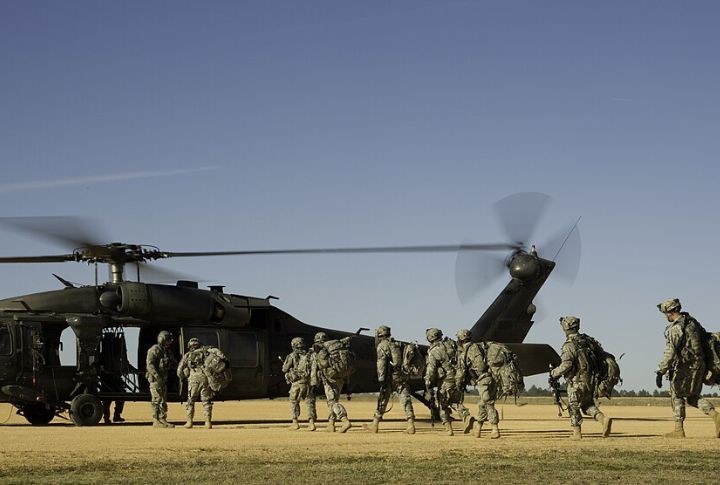
Reintroducing the draft might boost military readiness and diversify the armed forces. A larger pool of recruits could ensure quicker mobilization in times of crisis. Additionally, conscription could promote a stronger sense of national duty and prepare Americans for collective action in the face of global instability.
The Ethical Dilemma Of Forced Service

One of the most significant arguments against the draft is the moral dilemma it poses. Forcing citizens to serve in the military, especially during wartime, raises serious ethical concerns. The idea of compelling individuals to sacrifice personal autonomy for national defense doesn’t sit well with many.
National Security Implications Of Conscription
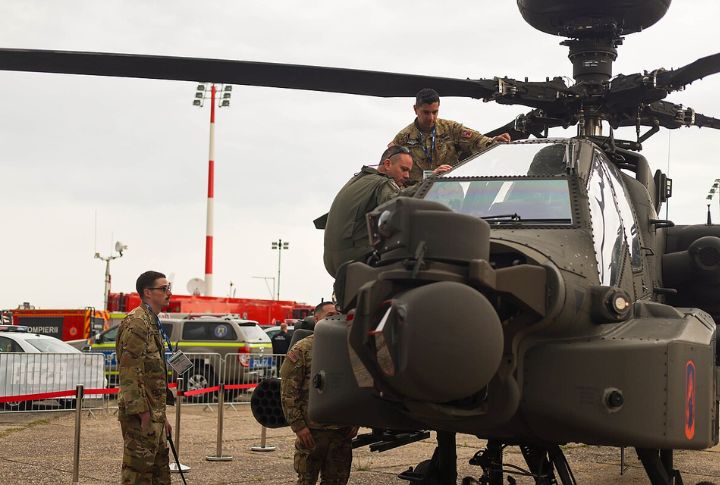
Reinstating conscription could strengthen America’s defense capabilities. With rising global threats, a strong and diverse military force might be vital for national security. The draft could ensure that the U.S. maintains its strategic edge, especially in the face of unpredictable conflicts and technological advancements.
Impact Of Conscription On National Unity And Civic Responsibility
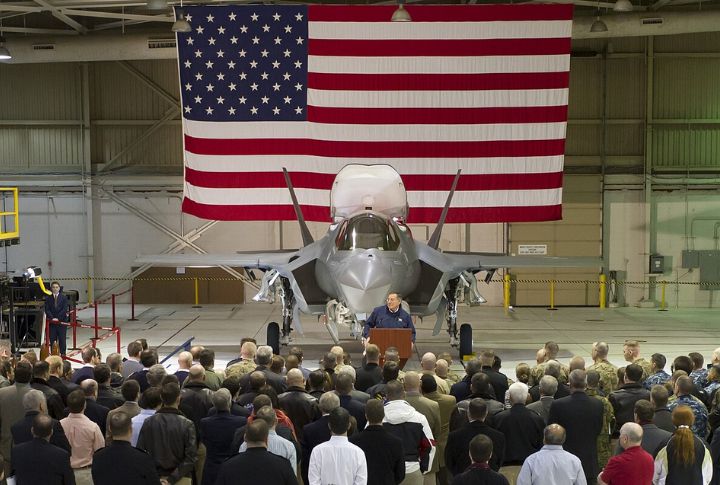
Conscription could serve as a unifying force, bringing Americans from all walks of life together. By requiring military service, individuals would experience shared responsibilities and challenges. This could foster greater civic engagement and make people more invested in national issues that extend beyond their interests.
The Political Environment And Public Opinion On Conscription

Political leaders and citizens alike remain divided on the issue. The idea of a draft stirs up intense debates about civil rights, government overreach, and individual freedoms. Public opinion would heavily influence whether the U.S. reintroduces conscription, which makes it a highly polarized issue in today’s climate.
Global Military Trends And The U.S.
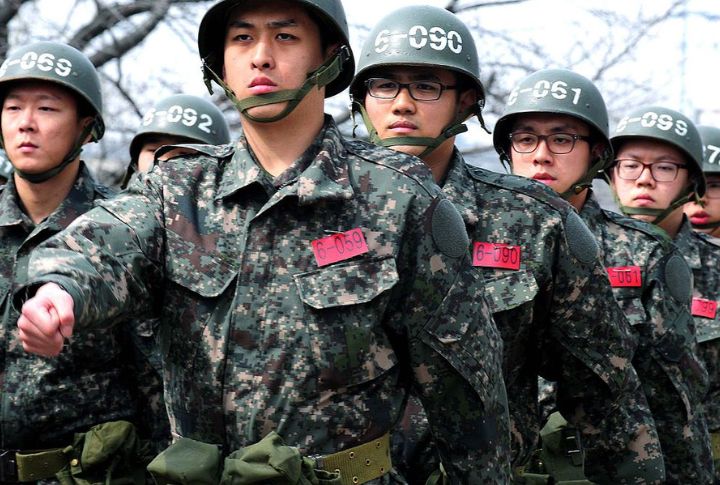
Many countries still rely on conscription to maintain strong military forces. From Israel to South Korea, mandatory service is viewed as a means to ensure readiness and safeguard national security. As global military strategies evolve, some argue the U.S. should reconsider its stance to remain competitive on the world stage.
The Role Of Technological Advances In Shaping Conscription Needs
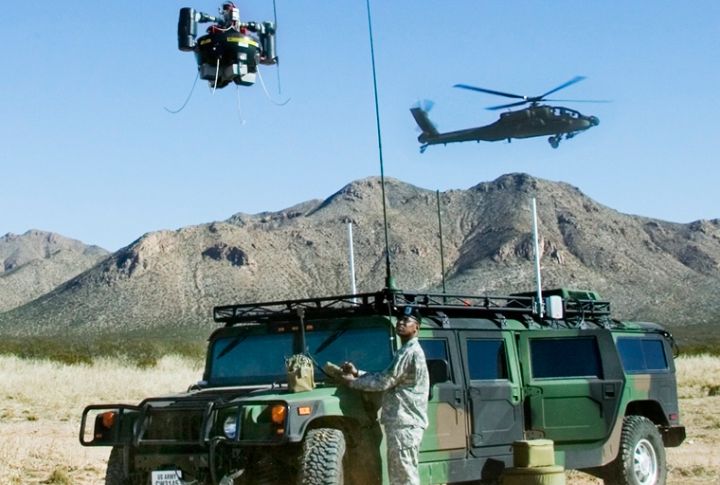
With advancements in technology, such as drones and AI-driven warfare, the need for human soldiers might seem less critical. However, some argue that these technologies still require skilled personnel to operate effectively. The question arises: would conscription even be necessary in place of automation?
Evaluating The Impact Of Conscription On Social And Racial Inequalities
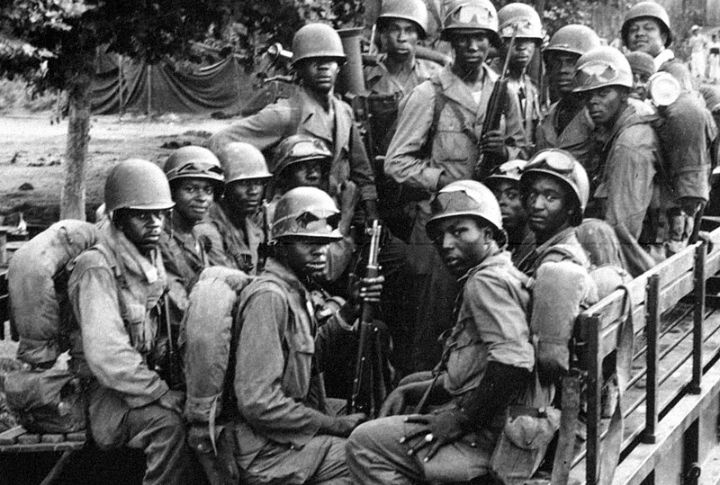
Historically, conscription has affected different social and racial groups in varying ways. Some argue that reinstating the draft could amplify existing inequalities, while others believe it might help break down barriers by bringing diverse individuals together. The social impact is a key factor in any discussion of a draft.

